Get started with Mizzou
Apply hereMaster of Education with Certification
You’re passionate about reaching the next generation of learners and are keenly aware that excellent science education empowers young people for a lifetime. If you hold a STEM degree and/or have worked in a STEM field, your community needs dedicated professionals like you to take middle and secondary science teaching beyond the expected. Choose to further your career with Mizzou's 100% online master of education in learning, teaching and curriculum with an emphasis in science education certification.
This 100% online program from Mizzou’s Department of Learning, Teaching & Curriculum will equip you with everything you need to become a state-certified instructor in middle or secondary science. You'll be immersed in the latest pedagogy throughout your coursework. Lectures, peer-to-peer learning and hands-on practice will all inform your own teaching habits. You'll network with education professionals and increase your job opportunities upon graduation.
To complete your certification, you'll participate in a culminating internship while working at a school district, or, if you've been hired to teach under temporary authorization, you can complete your internship at your current institution. This internship provides opportunities for you to develop strong relationships with students and staff in school, and practice your developing skills in the field.
Please note: internships are completed during regular K-12 school hours and are unpaid unless you have been hired under temporary authorization; additionally, the internship is a requirement for DESE certification.
Quick facts
Official name
Master of Education in Learning, Teaching and Curriculum with an emphasis in Science Education CertificationCampus
Program type
Master's degreeAcademic home
College of Education & Human Development | Department of Learning, Teaching and CurriculumDelivery mode
100% onlineAccreditation
Higher Learning Commission, Missouri Department of Elementary and Secondary Education (DESE)Credit hours
30Estimated cost
$17,697.00*This cost is for illustrative purposes only. Your hours and costs will differ, depending on your transfer hours, your course choices and your academic progress. See more about tuition and financial aid.
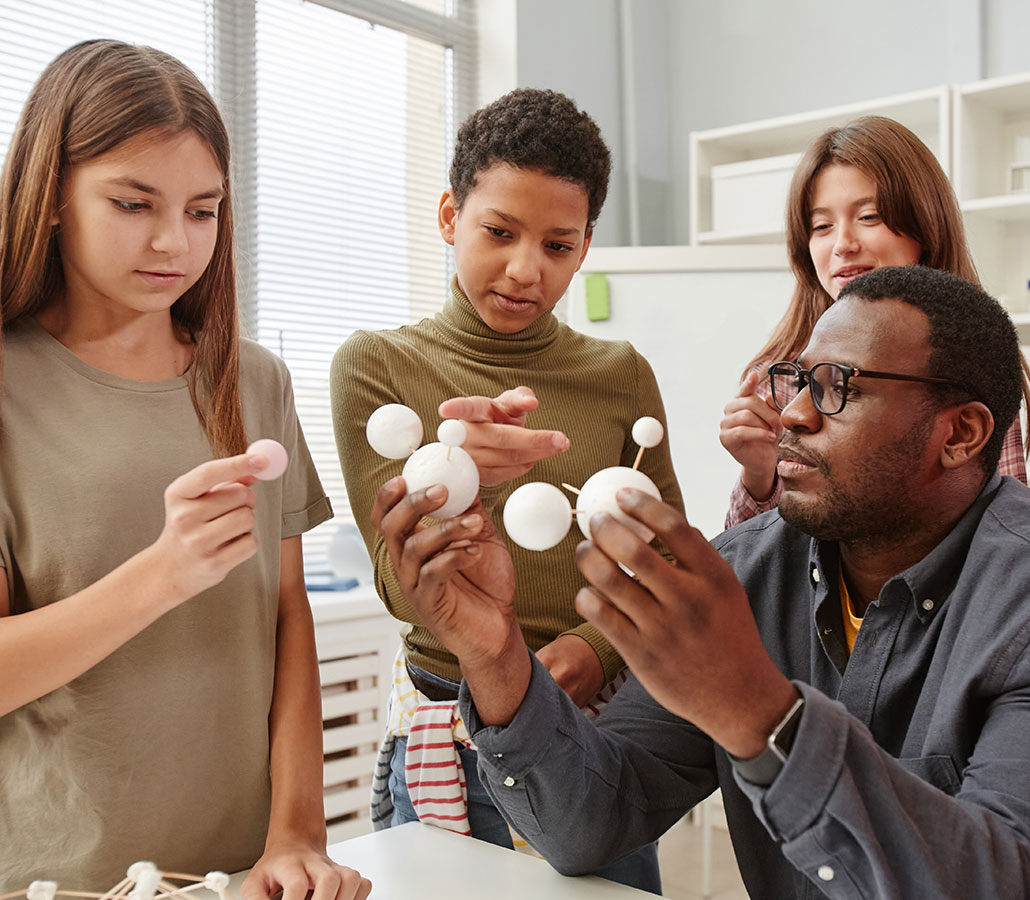
Career prospects
Graduates will be prepared to teach science in middle or secondary education and be prepared to sit for the Missouri Department of Elementary and Secondary Education (DESE) certification exam.
Program structure
Delivery of this program is 100% online: no campus visits are required. Since this program does not include science content course work, program admission requires a passing score on the Missouri Educator Content Assessment for the science discipline in which you wish to obtain science teaching certification:
- General science (for middle school only)
- Biology
- Chemistry
- Earth science
- Physics
Courses are cohort and semester-based. Most students study part time, taking two to three classes each semester and finishing in a year and a half.
Coursework includes
- Teaching, learning, and research in middle and secondary science
- Reading and writing in science content areas
- Foundations of science teacher preparation
- Teaching exceptional learners
- Advanced internships in curriculum and instruction
Delivery
100% onlineCalendar system
Semester-basedTypical program length
1.5 yearsTypical course load
2–3 courses per semesterAccreditation
The University of Missouri is accredited by the Higher Learning Commission, one of six regional institutional accreditors in the United States.
This program is accredited by the Missouri Department of Elementary and Secondary Education (DESE).
Faculty spotlight
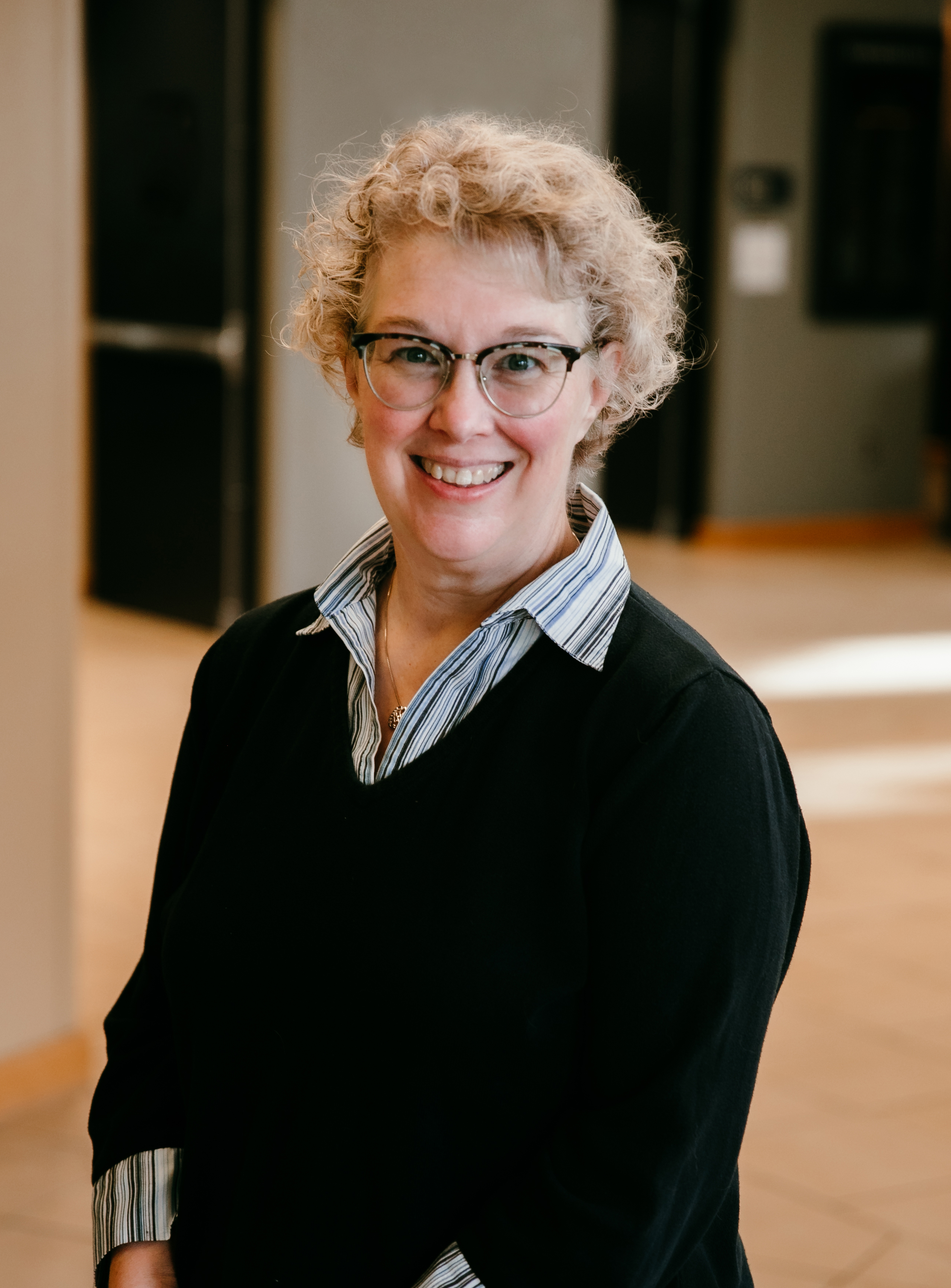
Laura Zangori teaches and works with students and teachers from elementary through undergraduate classrooms. Her work focuses on how to support teachers and students’ in constructing scientific explanations to understand biological phenomena.
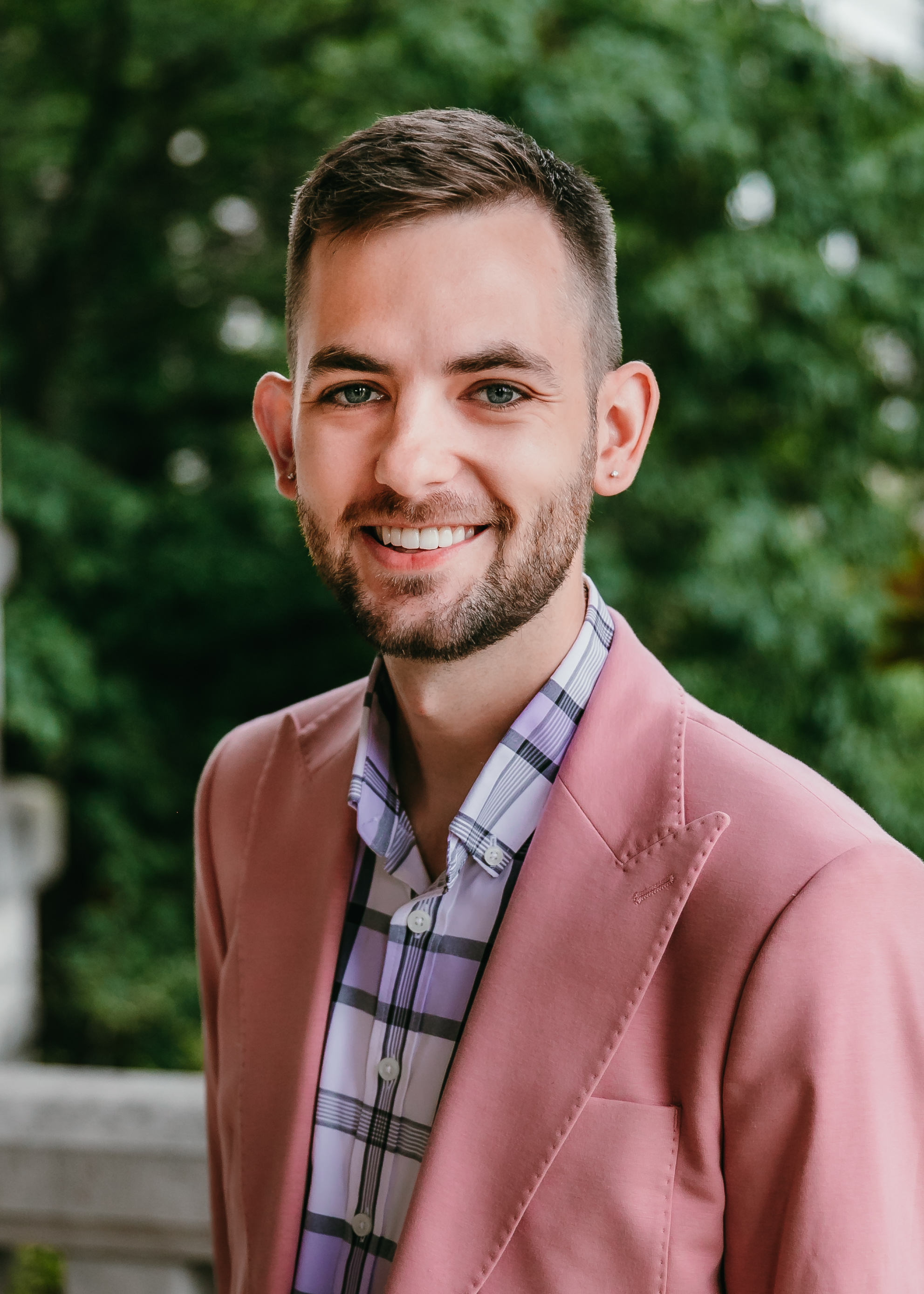
Gary Wright is an assistant professor of science education in the Department of Learning, Teaching & Curriculum at the University of Missouri. Dr. Wright’s research centers on preparing pre-service and in-service science teachers. His scholarship has been recognized through several awards and fellowships, including the National Association for Research in Science Teaching Outstanding Doctoral Research Award and the Jhumki Basu Scholars Fellowship.
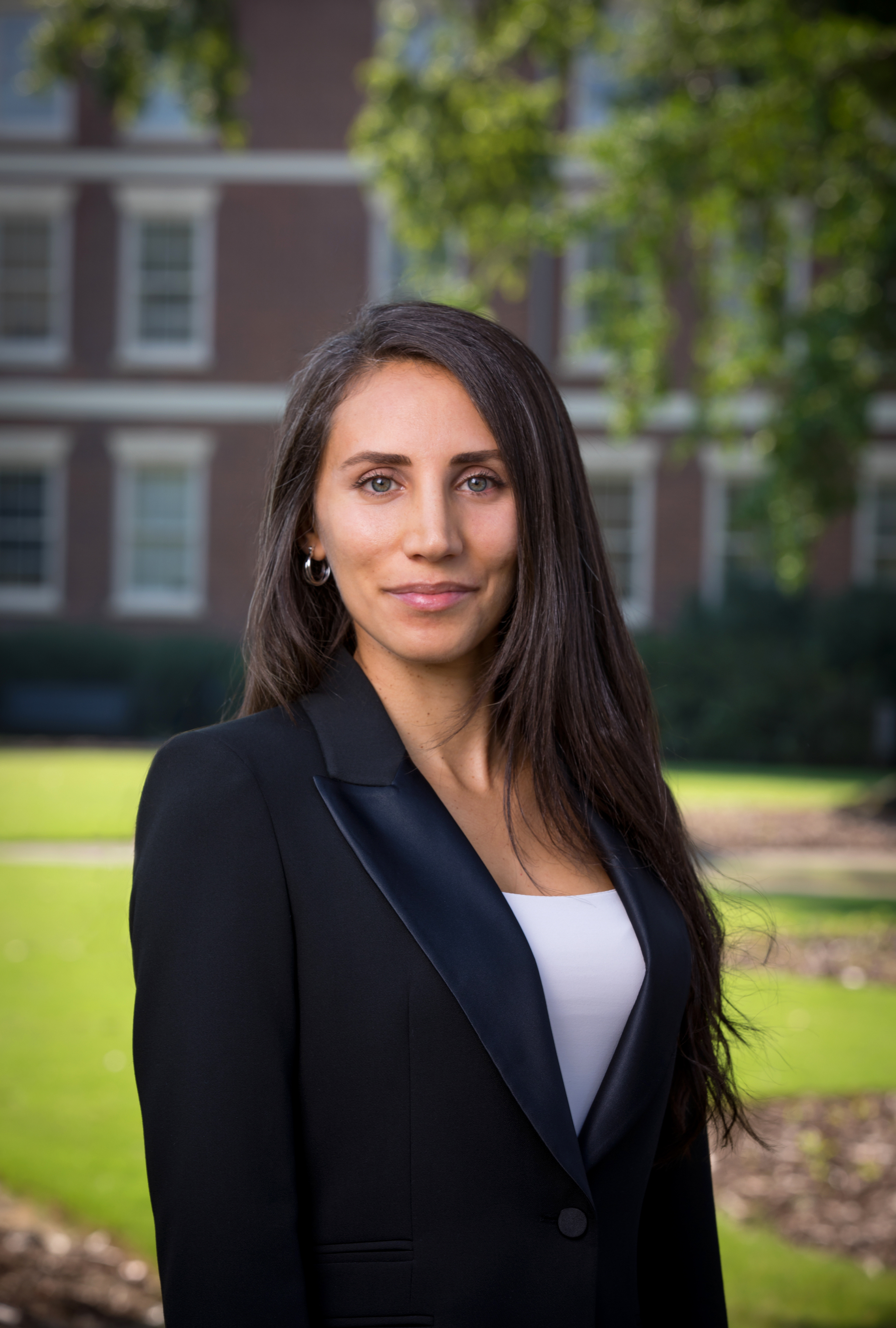
Ayça Fackler is an assistant professor of science education in the Department of Learning, Teaching and Curriculum at the University of Missouri. Dr. Fackler’s research integrates concepts and frameworks from science education, literacy, and linguistics to reconceptualize language use in science practices. Her work aims to support learners in understanding and engaging with scientific concepts.
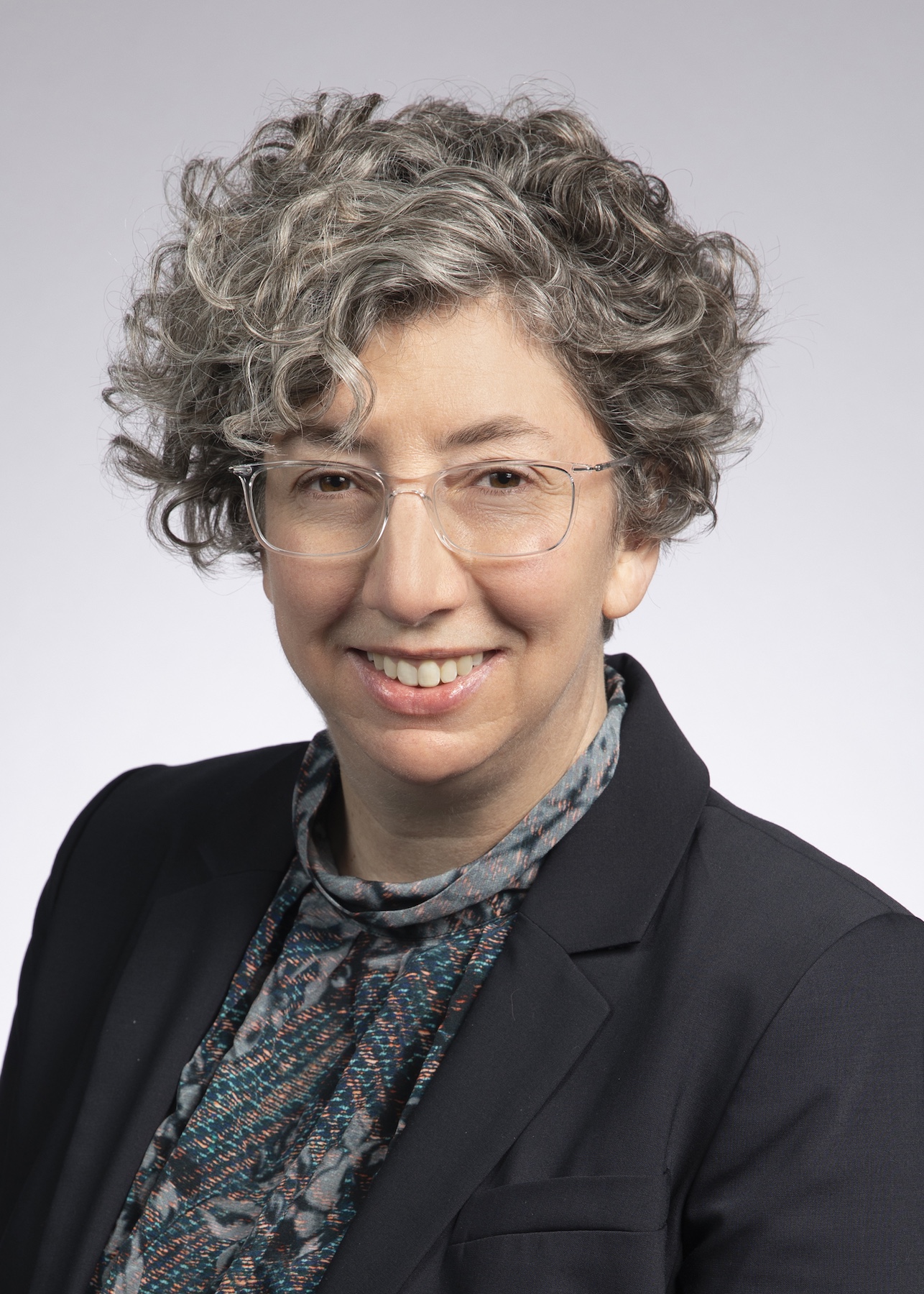
Marcelle Siegel is a professor in the College of Education and Human Development at the University of Missouri. Dr. Siegel's background in education includes several years in curriculum development and professional development programming creation. Her research focuses on supporting teachers in designing and administering effective assessments.
